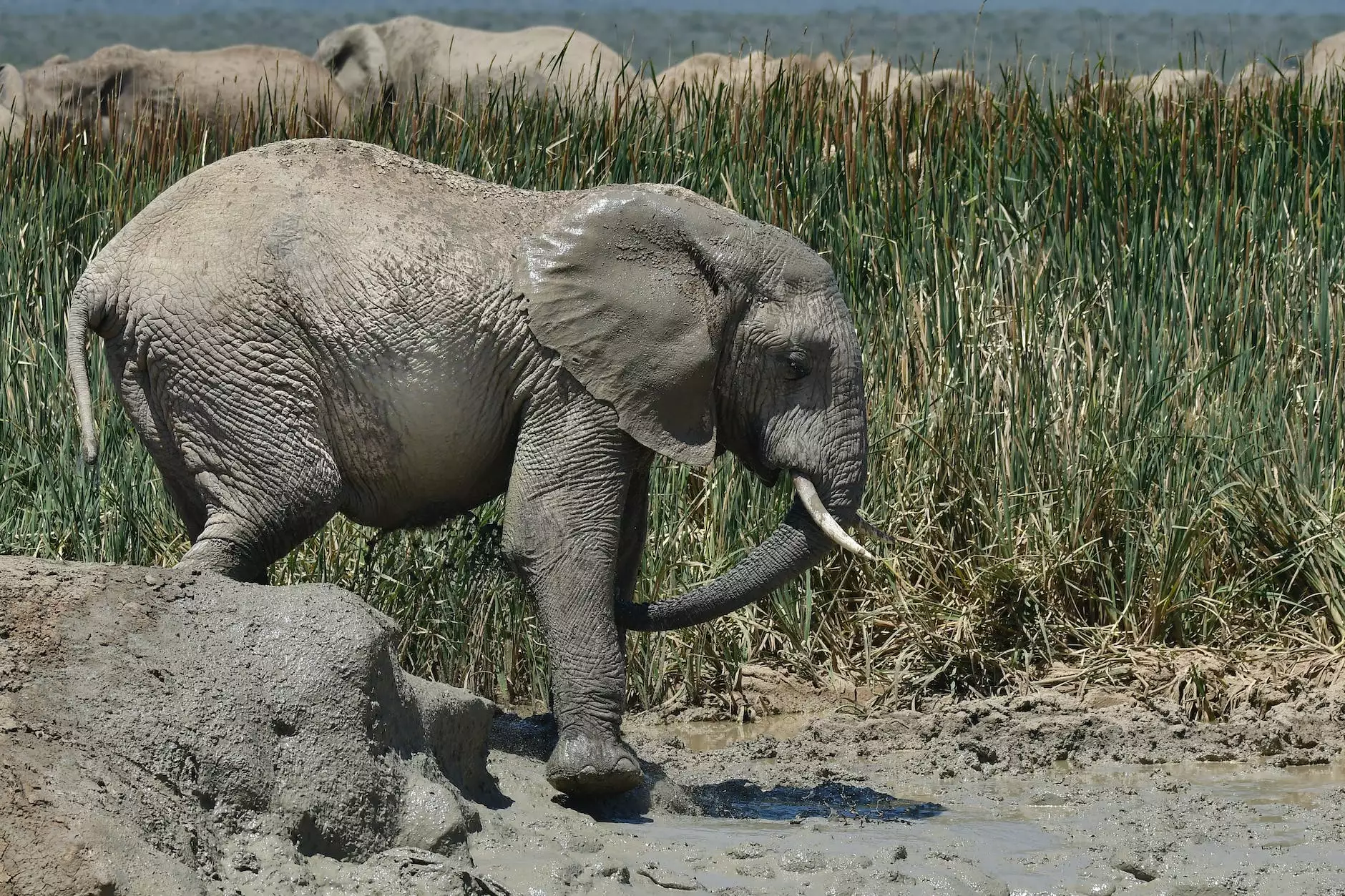Lion - The Majestic King of the Jungle
Blog
About Lions
Lions, known scientifically as Panthera leo, are magnificent creatures and widely recognized as the kings of the jungle. They belong to the family Felidae, which includes other magnificent big cats like tigers, leopards, and jaguars. Lions are native to Africa and were once found in parts of Asia and Europe as well.
Lion Conservation
As an integral part of the ecosystem, lion conservation plays a crucial role in maintaining a balanced environment. Unfortunately, lions face numerous threats that have led to a significant decline in their population. These threats include habitat loss, poaching, human-wildlife conflict, and trophy hunting. Various organizations and conservation efforts are actively working to protect these majestic creatures and ensure their survival for future generations.
Lion Habitat
Lions are predominantly found in the grasslands, savannas, and open woodlands of sub-Saharan Africa. They are highly adaptable to different habitats, including semi-arid areas and dense forests. Unlike other big cats, lions are sociable animals and form groups known as prides, consisting of related females, their offspring, and a few dominant males.
Lion Behavior
Lions exhibit fascinating social behavior, and their strong bonds within prides are essential for hunting and protection. Male lions typically defend their territories, while females work together to raise the young ones. Roaring is one of the most iconic behaviors of lions and serves various purposes, including communication and marking territory.
Lion Diet
Lions are carnivorous predators, and their diet mainly consists of large ungulates such as wildebeests, zebras, and buffaloes. They are opportunistic hunters and rely on their exceptional strength, agility, and cooperative hunting strategies to bring down their prey. Lions have incredibly powerful jaws and sharp retractable claws, making them formidable hunters.
Lions and Cultural Significance
Lions hold immense cultural significance in numerous societies around the world. They symbolize strength, courage, and nobility. Throughout history, they have been depicted in myths, legends, and artworks. In some cultures, lions represent royalty and are seen as a mark of power and authority.
Lion Subspecies
There are several subspecies of lions, each with its unique characteristics and habitats. Some well-known subspecies include:
- African Lion (Panthera leo leo) - Found in various countries across Africa.
- Asiatic Lion (Panthera leo persica) - Historically found in India, now restricted to the Gir Forest National Park.
- Barbary Lion (Panthera leo leo) - Extinct in the wild, historically native to North Africa.
- Masai Lion (Panthera leo nubica) - Indigenous to East Africa, characterized by their dark mane.
Lion Research and Conservation Efforts
Scientists and researchers continually study lions to gain a deeper understanding of their behavior, genetics, and habitat requirements. By unraveling the mysteries surrounding these incredible animals, they can provide valuable insights into effective conservation strategies. Additionally, community involvement, education, and responsible tourism also contribute to lion conservation efforts.
Conclusion
Lions are awe-inspiring creatures that deserve our utmost respect and protection. As the majestic kings of the jungle, they play a vital role in maintaining the ecological balance. By supporting lion conservation initiatives, we can ensure the survival of these magnificent animals and preserve their rightful place in the wild.




